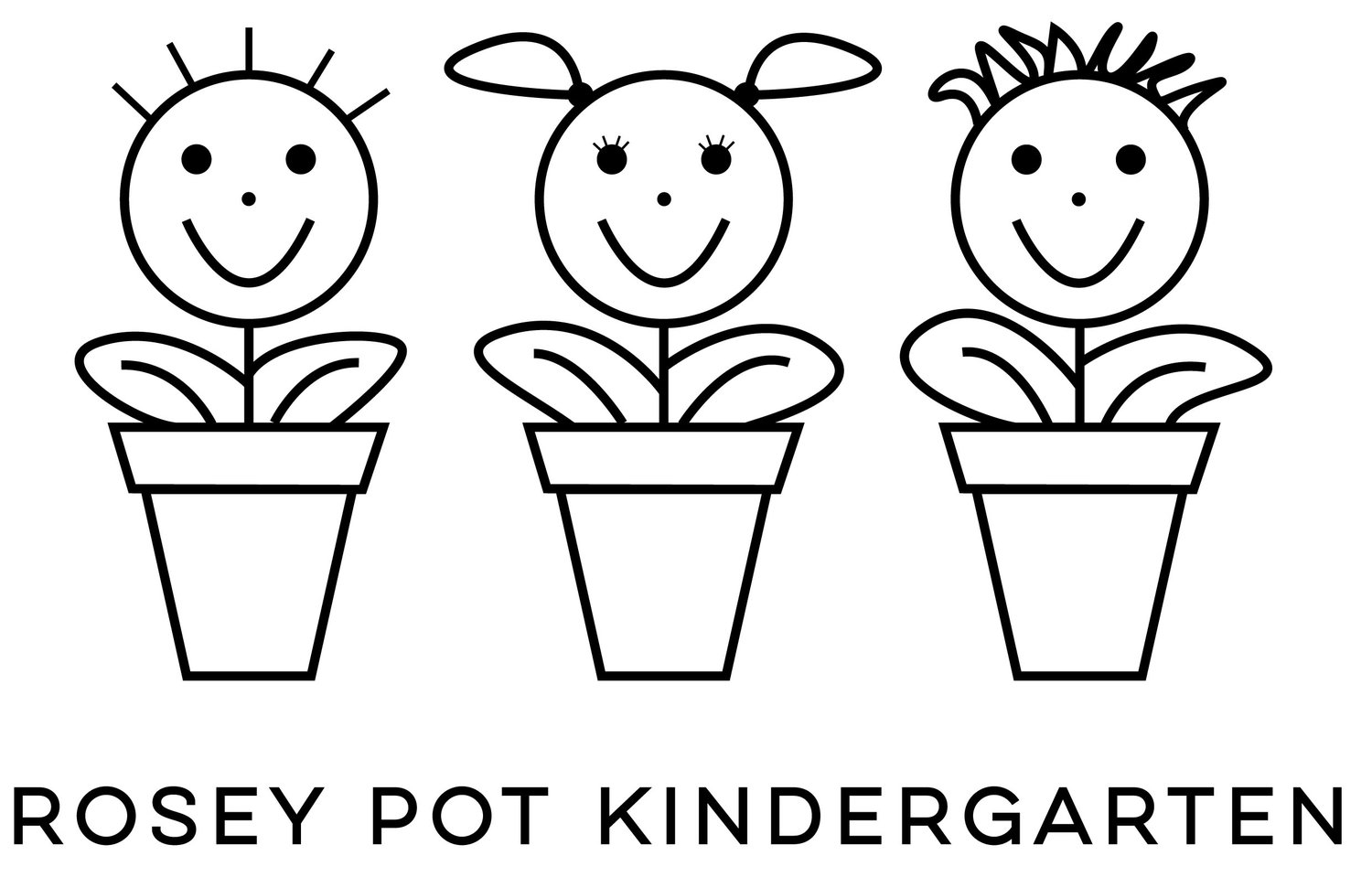We acknowledge the Traditional Owners of the country on which we live, learn, play and create.
We are grateful to First Nations people for being custodians of the land for countless generations.
A particular appreciation goes to the Gayamaygal people, the Traditional Owners of the land upon which Rosey Pot is located.
Exceeding National Quality Standard
Rosey Pot Kindergarten is proud to be rated Exceeding the National Quality Standard under the National Quality Framework. This rating reflects our deep commitment to high-quality early childhood education, culture of continuous improvement, and the nurturing, engaging learning environment we create for children and families. Every day, our educators work with intention, care, and professionalism to ensure children feel a strong sense of belonging, are supported to thrive, and are inspired to learn on beautiful Gayamaygal Country.
Ownership and Governance
Rosey Pot Kindergarten is a privately owned early childhood education and care service, owned and operated by Rosey Pot Kindy Pty Ltd.
The Approved Provider is Belinda Kypriotis.

